Nov 18, 2024

By MATTHEW HOLT
At some point I had to crawl out of my hole and put pen to paper on the election debacle that just took place, and what the ensuing lunacy might be like for the health care system. So this is my attempt to do just that.
It’s really hard to understand why Trump won this election or why Harris and the Democrats lost. There was a lot of weirdness going on. Remember that before the vote Harris was generally praised for running a steady campaign, the Democrats had tracked to the right on immigration (trying to pass what IMHO was a horrendous bill ), and Harris kept talking about having a Glock, being a prosecutor and campaigned with a Cheney. The swing states (which vote at a much higher proportion than everyone else) all (with the narrow exception of Pennsylvania) voted for Democratic senators. For President they only went 3% against where they were in 2020. Even weirder was that hundreds of thousands of Trump voters didn’t appear to vote down the ballot at all. Yet nationwide the swing was big enough for Trump to win the popular vote. (If you really want to dig in, Charles Gaba has put together a great spreadsheet)
The simplest explanation is that the teeny middle in American politics voted against the incumbent. And the “middle” is getting teenier. In 1964 Johnson got 61% of the vote. Nixon (1972) and Reagan (1984) won with nearly 60% of the vote. Obama’s big 2008 victory was with just 53% of the vote and he won by 7%.
Biden won in 2020 with just over 51% and Trump will end up winning while likely getting just less than 50% of the vote. This isn’t an overwhelming mandate. It’s a small minority of voters switching because they are pissed off with the status quo. This year the bug bear was inflation, which really wasn’t Biden’s fault even though he got the blame. It also appears that a decent slug of Arab-Americans and far left Democrats stayed home or voted for Jill Stein because of Gaza.
And let’s not forget the impact of the Electoral College which reduces turnout outside of swing states (not exclusively). Surely if we had a popular vote in which every vote counts, turnout would be higher, including in the big 2 states that are Dem strongholds (NY & CA).
However, even if you think it’s inconceivable that a majority would vote for Trump because of what happened in 2016 to 2021 (especially on January 6, 2021!), apparently that’s not enough of a disqualifier. He’s going to be President.
So what happens next? Particularly in health care.
My expectation (and hope) is that this is a snake eating its own tail. There are so many repugnant egos circling around Trump that it’s more than likely they’ll turn on each other, and little to nothing gets done. That doesn’t mean nothing will happen.
The Republicans surely won’t miss the chance to cut taxes like they did in 2017. The question is, will they make any significant attempts to cut spending? I know Elon Musk is running around saying that there’s $2 trillion to be cut from the Federal budget, but a) there isn’t and b) history suggests that Republican congresses tend to do the easy tax cut and rather than do the hard work of reducing spending, they’ll leave the Chinese bond holder (and future generations) with the tab. You’ll remember Dick Cheney telling W Bush that “Reagan showed deficits don’t matter.”
But what could change?
I don’t think a serious attempt will be made to overhaul or repeal the ACA–McCain’s thumbs down in 2017 was the high water mark of that drama. But a full repeal of the Inflation Reduction Act is on the table. Most of this is about renewable energy tax credits but it also includes both the ability for Medicare to negotiate prescription drug prices and the extra subsidies for the Affordable Care Act. It’s quite possible the whole thing could be “repealed and replaced” without actually being replaced. But Trump and RFK Jr (however long he will last) don’t seem to be traditional fans of big Pharma, and there’ll be a lot of push-back from the people benefitting from the ACA subsidies if they get cut (or even just not extended). So my bet is that the health care related parts of the act stay in tact.
I’m also not too sure how draconian cuts to Medicaid will be. There’s a lot of talk about block grants. But it’s worth remembering that the states that proportionally do best (i.e. get the greatest Federal payments compared to their state payments) are the red voting states in the South. Clearly there’s not much love lost between some of the white Republican voters in those states and the black citizens who make up a decent proportion of Medicaid recipients. But by no means all those Medicaid recipients are black, and many are prototypical Trump voters, as well as the elderly. And of course many of those states have now expanded Medicaid, and their hospital systems will not be too keen on seeing those cuts. My sense is that Medicaid will see cuts but no fundamental change.
Medicare Advantage plans can expect to usually get a lot more sympathy from Republicans. But my guess is that whoever ends up running CMS won’t have more stomach for significant change on either the FFS program or how MA plans get scored and paid. On the other hand, some of the regulatory changes that CMS has pushed on the MA plans this year (which has hurt their revenue & stock price) will be hard to unwind in their favor. I mean they and their lobbyists are at the heart of the swamp!
Similarly Lina Khan at the FTC seems to have heard more support from Vance than she got from Harris during the campaign. And while many in the venture and private equity world have been highly critical of her, other than a couple of remarks there wasn’t much interest from the FTC in going after hospital chains merging into trans-state monopolies or addressing private equity behaving badly with hospitals or physician groups. Again it’s hard to see that an administration that claims it wants to reduce regulation is going to change too much.
The only health care thing that the last Trump administration really made happen was for hospitals to publicize their prices. As far as I can tell “price transparency” has made the square root of bugger all difference in how health care is bought and sold in the US. But there is bipartisan agreement that PBMs are getting away with something, even if no one is quite sure what, and there is a sense that plans, providers and many intermediaries are doing the same thing. I suspect that there’ll be many more employee, employer and union lawsuits about this than Federal action. But maybe there’ll be something there and, who knows, it might include some more HSA friendly legislation.
Meanwhile, there was a collective gasp heard from everyone who thinks there is such a thing as science when RFK Jr was proposed as head of HHS. It is possible that he really tries to go after the FDA. There are for sure some problems with conflicts of interest, but in general it’s a well understood system and probably would need significant legislation to massively overhaul it. I’m not convinced that anyone in Congress cares that much to make any changes, or that there’s any real consensus on what those changes ought to be. And while there’s plenty of grumbling from insiders about Epic, I don’t see what easy changes can be made to a health tech system that is so integrated into the current payment system. RFK Jr may try to have a real go at the food system, but wait till he runs into the agriculture committee in the Senate. Screaming from the outside at our health and food infrastructure is one thing. For better or worse, actually making significant changes is quite another. I think childhood vaccines will continue to be used close to universally–at least I hope so.
The one area that may see a regulation & enforcement change is if Don Rucker comes back to ONC/ASTP and moves interoperability beyond the current TEFCA & QHIN initiatives to more direct API access ++. But to be fair current ASTP Director Mickey Tripathi has been getting more vocal about improving API Access. While this would make some differences to the players in this sector it would be one far more of degree than throwing the cat among the pigeons.
So my initial conclusion is that the Trump administration will in the end not change American health care very much.
I wish I believed the same for immigration, freedom of the press, and national security.



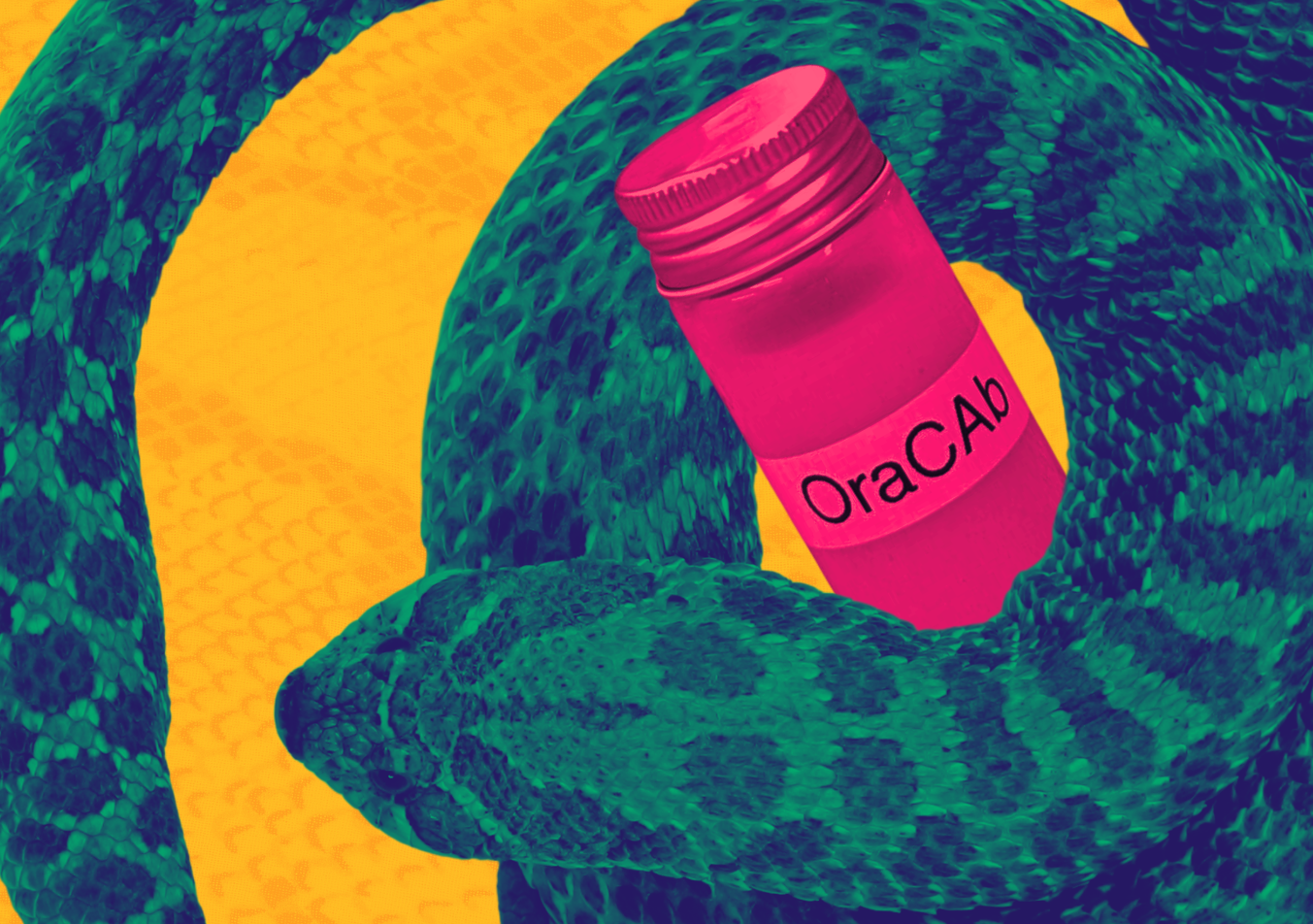


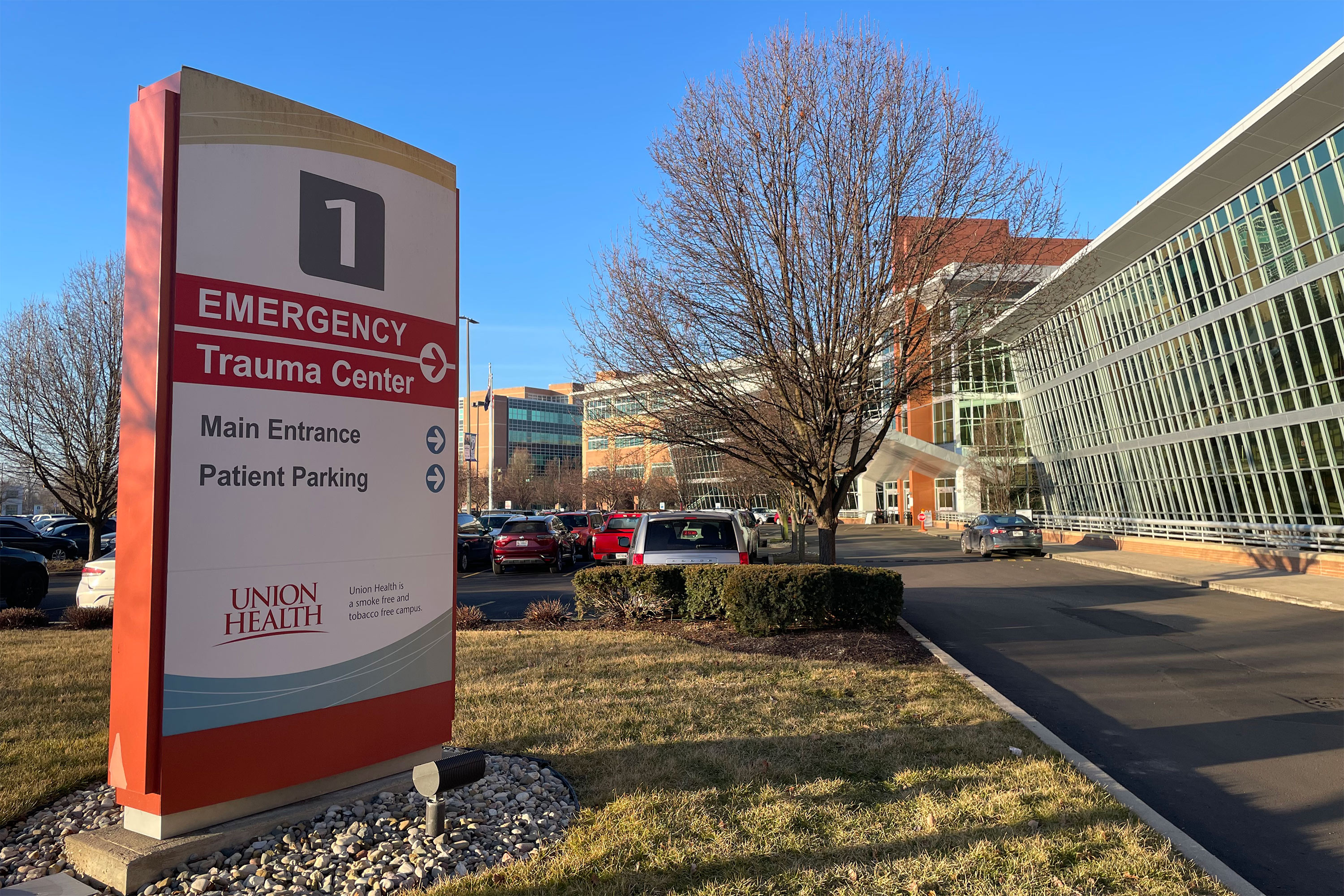

![Healthy High Protein Oatmeal Chocolate Chip Breakfast Bars [gluten-free + no added sugar]](https://i0.wp.com/healthyhelperkaila.com/wp-content/uploads/2024/11/OatmealChocolateChipBarsFeatured.png?fit=1536%2C1521&ssl=1)


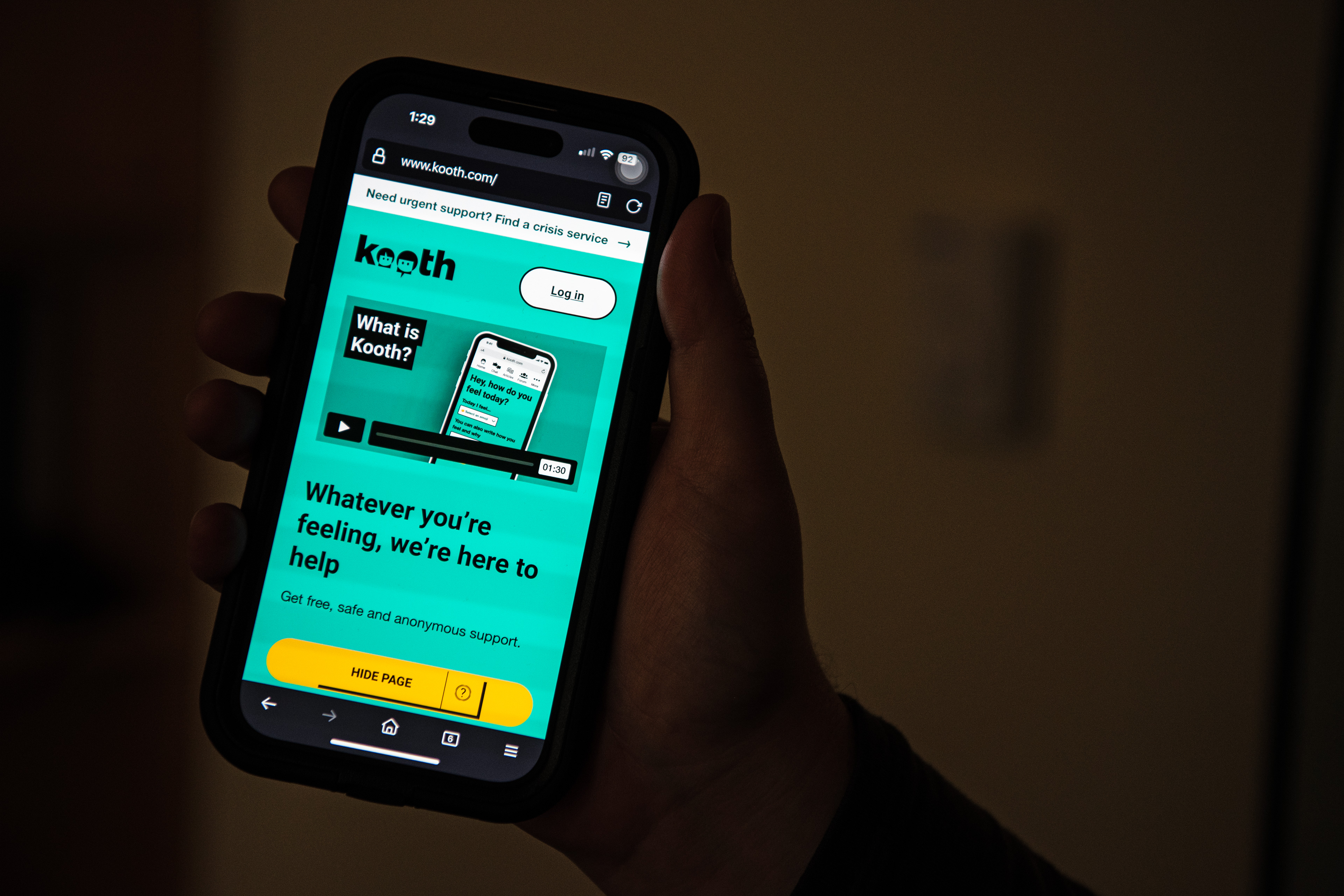


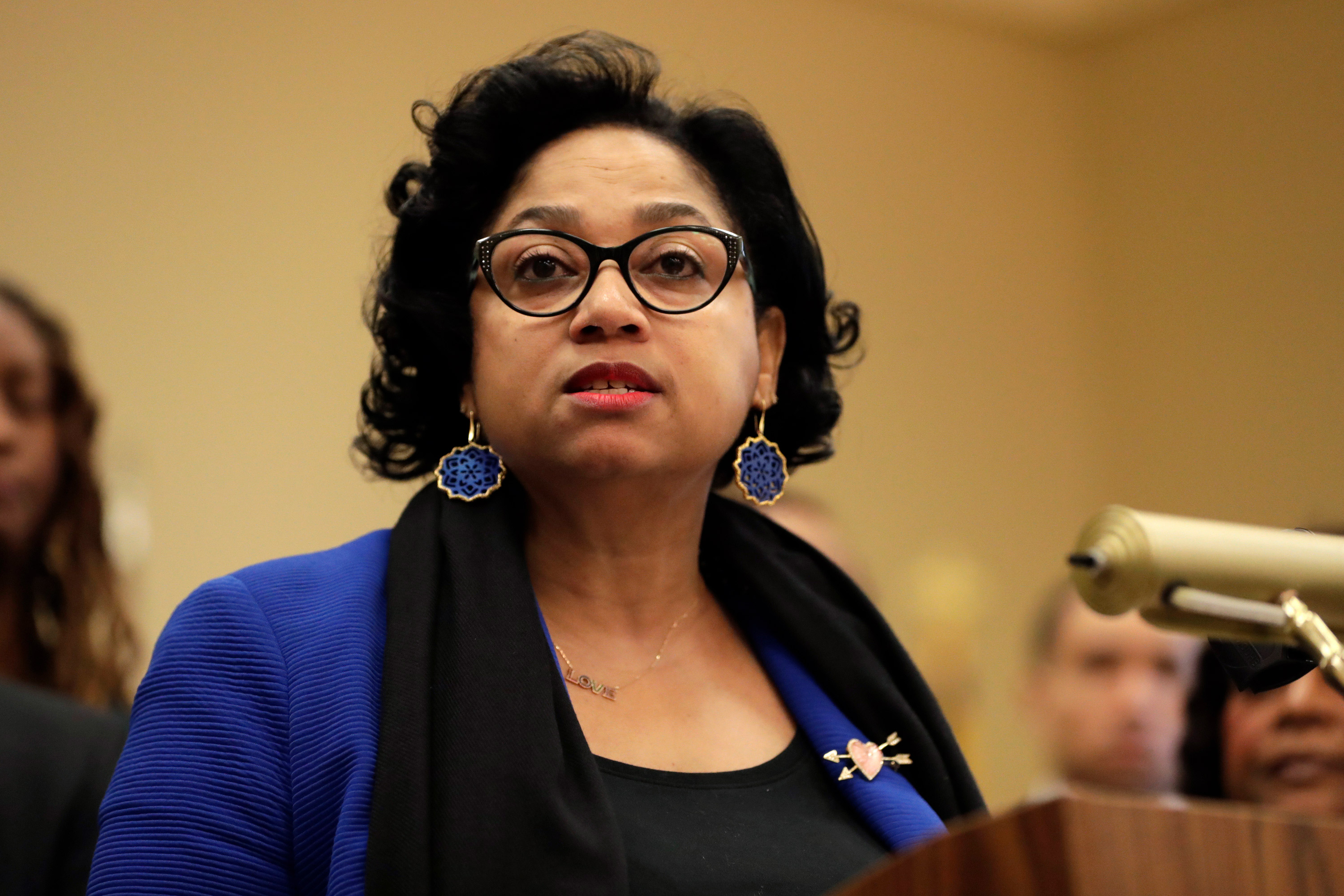

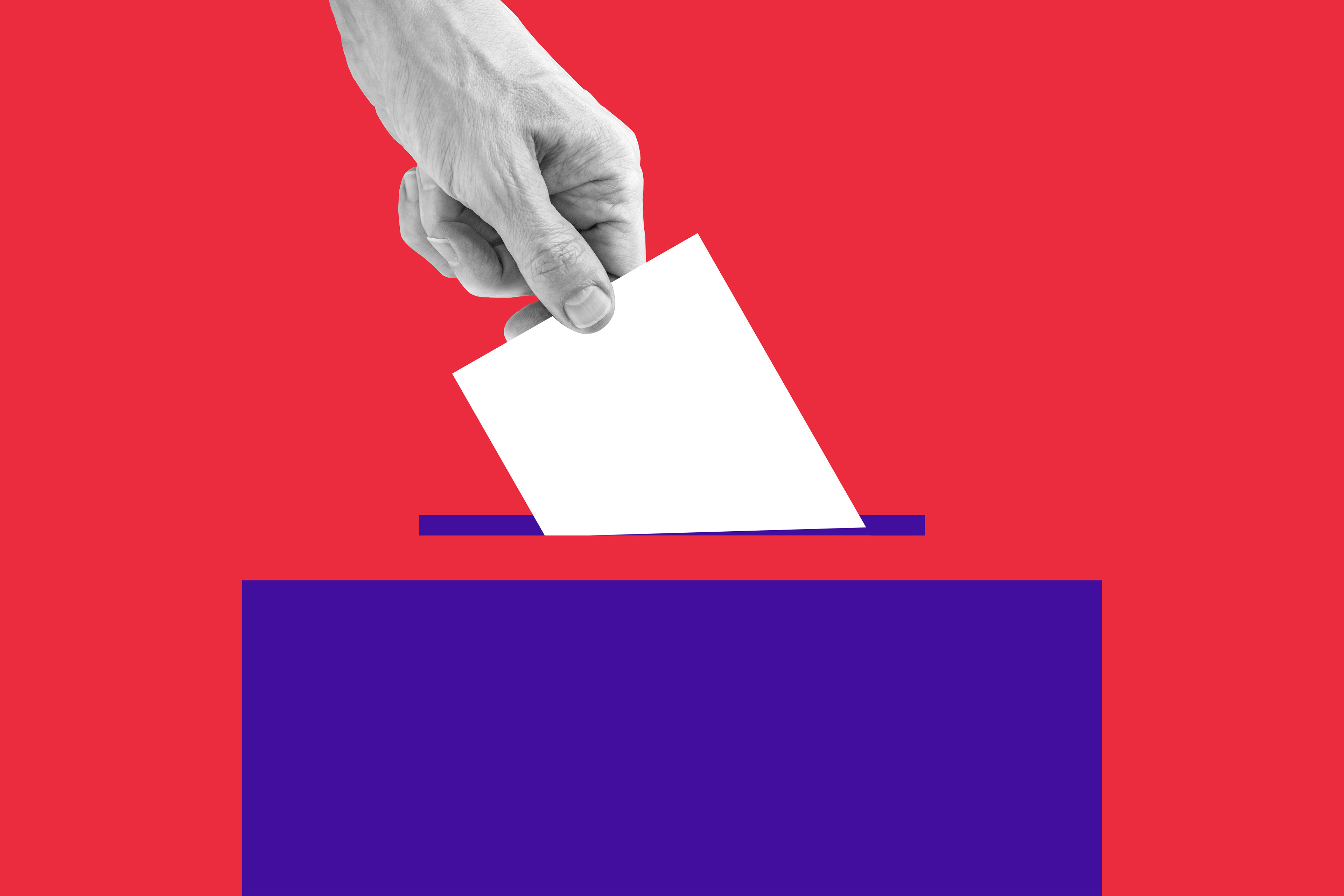

 English (US) ·
English (US) ·